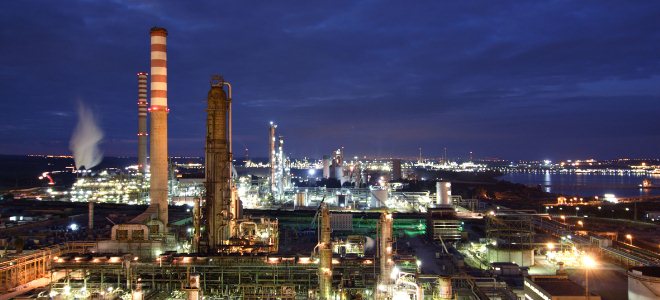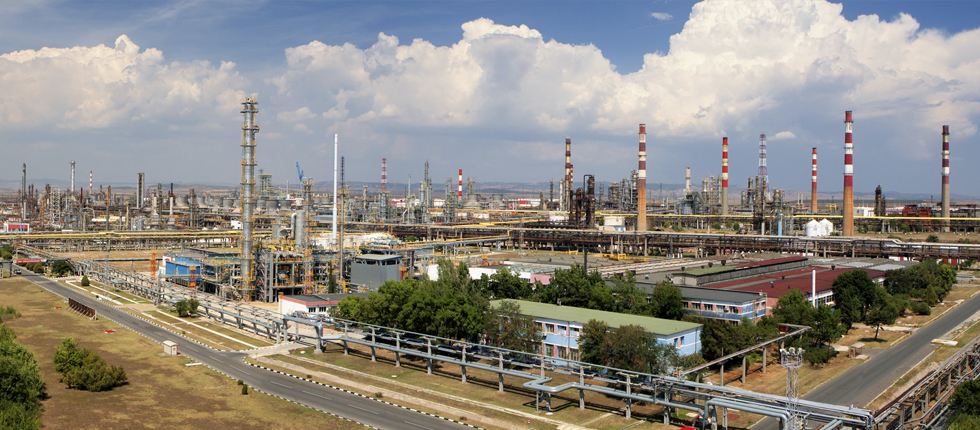
ISAB Refinery @ ISAB
Italy’s largest oil refinery, the ISAB complex in Priolo, Sicily, is facing a deepening crisis just two years after its high-profile sale by Russia’s Lukoil. The facility, which accounts for roughly 20% of Italy’s refining capacity and directly employs about 1,000 people, has become a flashpoint for the challenges facing Europe’s energy infrastructure in the wake of the continent’s break with Russian energy supplies.
The ISAB refinery was sold in 2023 to G.O.I. Energy, a Cyprus-based private equity firm, in a deal backed by global commodity trader Trafigura. The transaction, finalized under intense pressure from European sanctions that cut off Russian crude supplies, was orchestrated with the involvement of Israeli magnate Beny Steinmetz and received last-minute approval from the Italian government. As part of the agreement, Trafigura was to supply crude oil and handle product off-take, ensuring the plant’s continued operation after the loss of Russian feedstock.
However, the arrangement has since unraveled amid internal shareholder disputes and mounting financial pressures. Greek shipping tycoon George Economou, through his Argus New Energy Fund, emerged as the main financier and majority shareholder behind G.O.I. Energy, though the ownership structure remains opaque and subject to ongoing legal wrangling. Economou has argued that the supply and off-take deal with Trafigura is overly favorable to the trading group, allowing it to profit while the refinery itself operates at a loss. These tensions have been exacerbated by the refinery’s reliance on expensive international crude sources and the need to restructure debt under court supervision.
The crisis at ISAB has far-reaching implications for Italy’s energy security. The refinery’s output is critical not only for Sicily but for the entire country, supplying about a fifth of Italy’s fuel needs and supporting an estimated 8,500 indirect jobs in the region. The Italian government, which approved the sale with strict conditions to maintain employment and environmental standards, now faces renewed pressure to intervene as the facility’s viability comes into question.
Broader industry trends are also at play. As Europe pivots away from Russian energy, asset-backed partnerships between private equity and commodity traders have become more common, but the ISAB saga highlights the risks of such arrangements when shareholder interests diverge. For Italy, the fate of the Priolo refinery is not just a local issue but a test of how strategic energy assets will be managed in an era of fragmented supply chains and geopolitical volatility.
With negotiations ongoing and the possibility of new partners or government intervention on the table, the future of the ISAB refinery remains uncertain. What is clear is that Italy’s efforts to secure its energy independence from Russia have come at a high cost, exposing vulnerabilities in both ownership structures and supply logistics that will shape the country’s energy landscape for years to come.
#isab #isabcomplex #isabrefinery #italy #sicilia #goienergy #goisrl #russiancrude #trafigura












